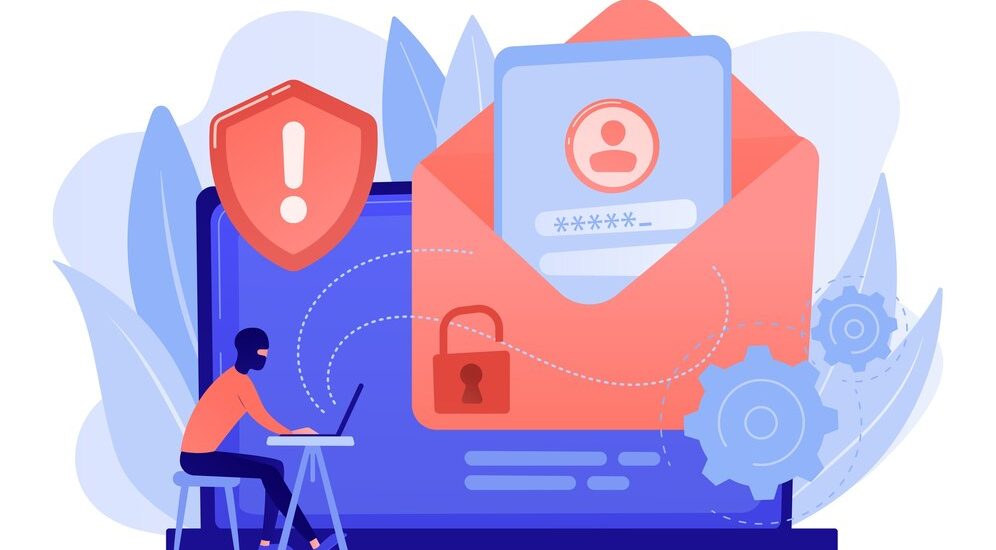- June 19, 2024
- Posted by: premware services
- Category: Cloud

In today’s digital landscape, email servers are prime targets for cyberattacks. Ensuring your email server is secure requires more than just an initial setup; it demands regular updates and maintenance. This article explores the importance of keeping your email server updated and well-maintained to protect your business from potential threats.
Protecting Against Security Vulnerabilities
Regular Patching: Software vendors frequently release patches to fix known vulnerabilities. By applying these updates promptly, you close security gaps that attackers might exploit.
Zero-Day Exploits: Regular updates help mitigate the risk of zero-day vulnerabilities—unknown flaws that hackers can exploit before a fix is available.
Enhancing Performance and Reliability
Improved Stability: Updates often include performance enhancements and bug fixes that can improve the stability and reliability of your email server.
Optimized Functionality: New updates can optimize existing features and add new functionalities, enhancing the overall user experience.
Ensuring Compliance with Regulations
Regulatory Requirements: Many industries have strict regulations regarding data security (e.g., GDPR, HIPAA). Regular updates ensure your server complies with these regulations.
Audit Readiness: Keeping your email server up-to-date helps you maintain necessary logs and documentation, making it easier to pass audits and avoid fines.
Protecting Against Malware and Phishing Attacks
Anti-Malware Updates: Regular maintenance includes updating anti-malware definitions and tools, which helps in detecting and preventing the latest threats.
Phishing Protection: Email servers can be prime targets for phishing attacks. Regular updates often include enhanced anti-phishing features to safeguard your business.
Maintaining Data Integrity and Confidentiality
Encryption Updates: Updates may include improved encryption protocols, ensuring that your data remains confidential and secure during transmission.
Access Controls: Regular maintenance can help update and refine access control mechanisms, reducing the risk of unauthorized access.
Enhancing Compatibility and Interoperability
Software Integration: Updates ensure that your email server remains compatible with other software and systems, facilitating smooth integrations and operations.
Protocol Support: As new protocols and standards emerge, regular updates ensure your server can support them, enhancing interoperability.
Reducing Downtime and Service Interruptions
Preventative Maintenance: Regular maintenance can help identify and fix potential issues before they cause significant downtime.
Backup and Recovery: Maintenance routines often include testing backup and recovery processes, ensuring that you can quickly restore services in case of a failure.
Staying Ahead of Emerging Threats
Threat Intelligence: Regular updates often include the latest threat intelligence, helping your server defend against new and emerging cyber threats.
Proactive Security: Staying current with updates allows you to adopt a proactive security posture, rather than reacting to incidents after they occur.
Conclusion
Regular updates and maintenance are vital for keeping your email server secure, efficient, and compliant with regulatory standards. By staying vigilant and proactive, you can protect your business from potential threats and ensure the smooth operation of your email communications.
Is your email server up-to-date? Don’t wait for a security breach to act. Schedule regular updates and maintenance to keep your business communications secure. For more tips on maintaining a secure digital environment, contact us today.
